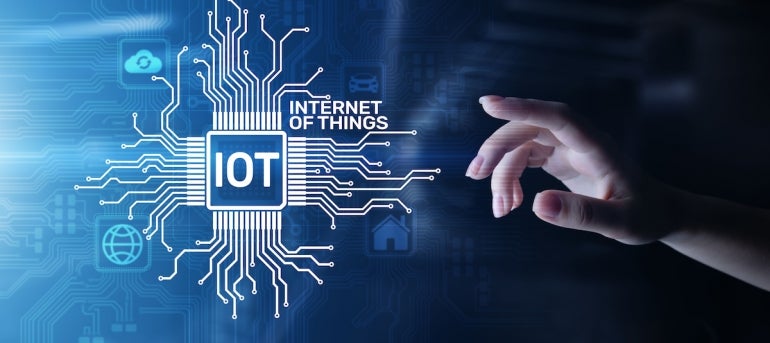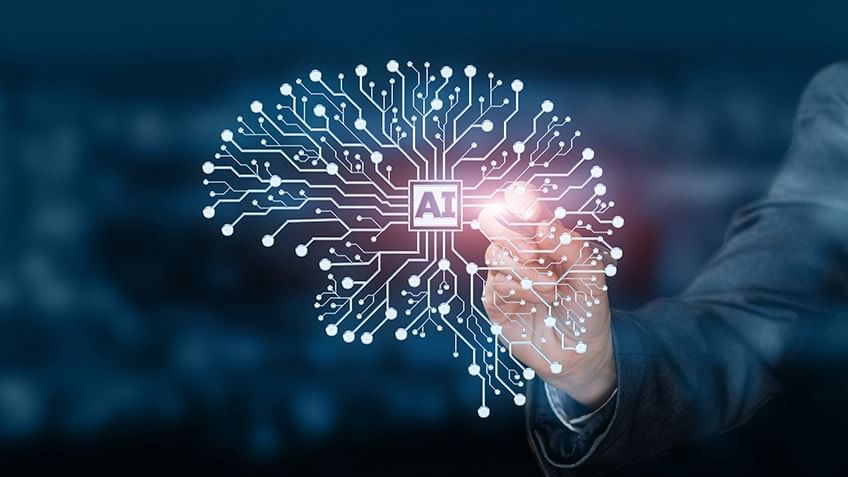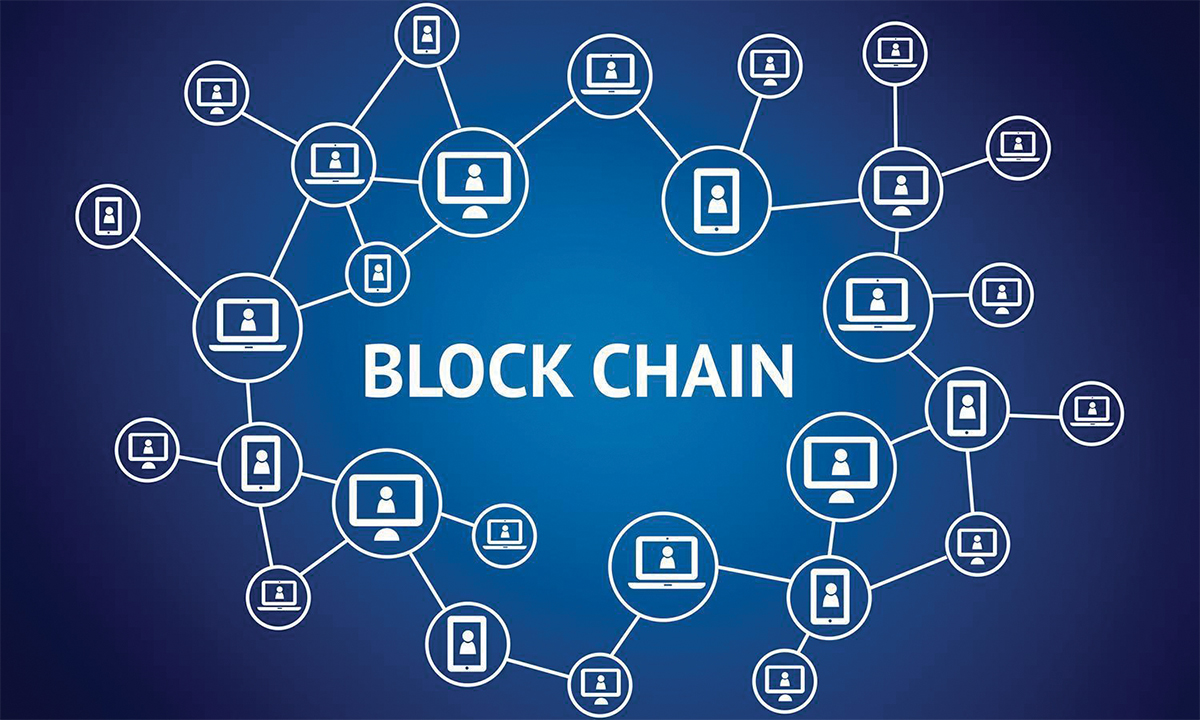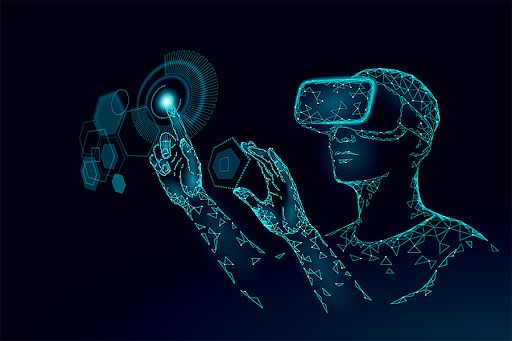The internet has become an integral part of our lives, enabling us to communicate, learn, work, and entertain ourselves like never before. However, as technology continues to evolve, it's worth asking: what is the future of the internet?
- The Internet of Things (IoT): The IoT refers to the growing network of internet-connected devices, from smart homes to self-driving cars. As this network expands, we'll see more data being generated and exchanged, leading to new opportunities for businesses and individuals. For example, IoT devices could be used to optimize energy usage in homes and buildings, or to improve supply chain management in industries.
 |
| Internet of Things(IOT) |
- 5G: The introduction of 5G networks promises to bring faster speeds and lower latency to the internet, enabling new applications like remote surgery, virtual reality, and autonomous vehicles. As more devices become connected to the internet, 5G will be crucial in supporting the growing demand for data and enabling new forms of communication and interaction.
 |
| 5G Technology |
- Artificial Intelligence (AI): AI is already being used to improve search engines, personalize content, and even drive cars. In the future, we'll see more AI-powered applications that enhance our online experiences, from virtual assistants to chatbots to personalized shopping experiences.
 |
| Artificial Intelligence(AI) |
- Blockchain: Blockchain technology enables secure and decentralized transactions, making it ideal for applications like digital currencies and smart contracts. As blockchain technology matures, we'll likely see more applications of it in various industries, including finance, healthcare, and supply chain management.
 |
| Block Chain Technology |
- Virtual and Augmented Reality (VR/AR): VR and AR technologies have the potential to revolutionize how we interact with the internet. From virtual meetings to immersive gaming experiences, these technologies could change the way we learn, work, and entertain ourselves online.
 |
| Virtual and Augmented Reality (VR/AR) |
While we can't predict the future of the internet with certainty, these are some of the trends that are likely to shape it in the years to come. As technology continues to evolve, the internet will continue to provide new opportunities for innovation, growth, and connection.
by Sawan Kumar Roy
Comments
Post a Comment